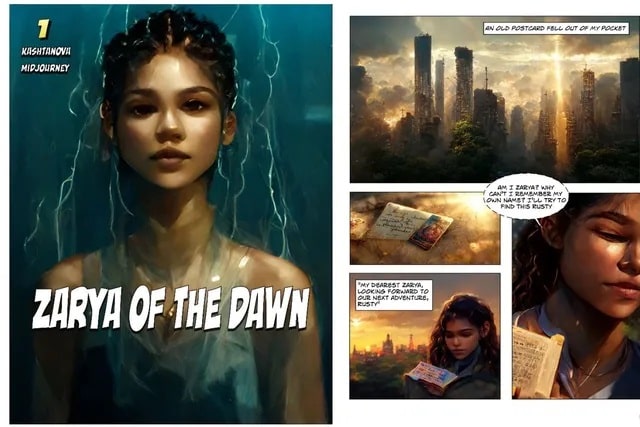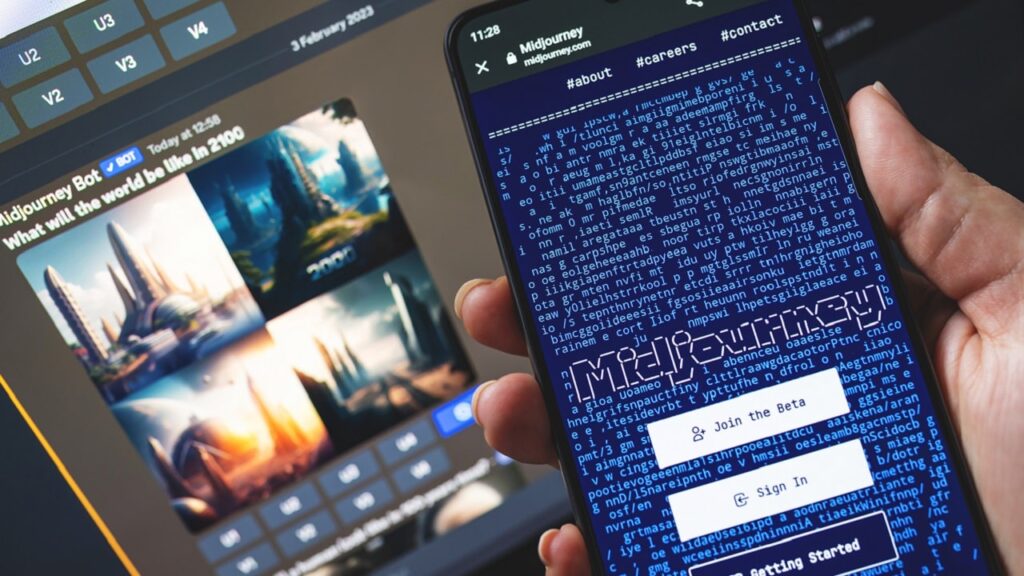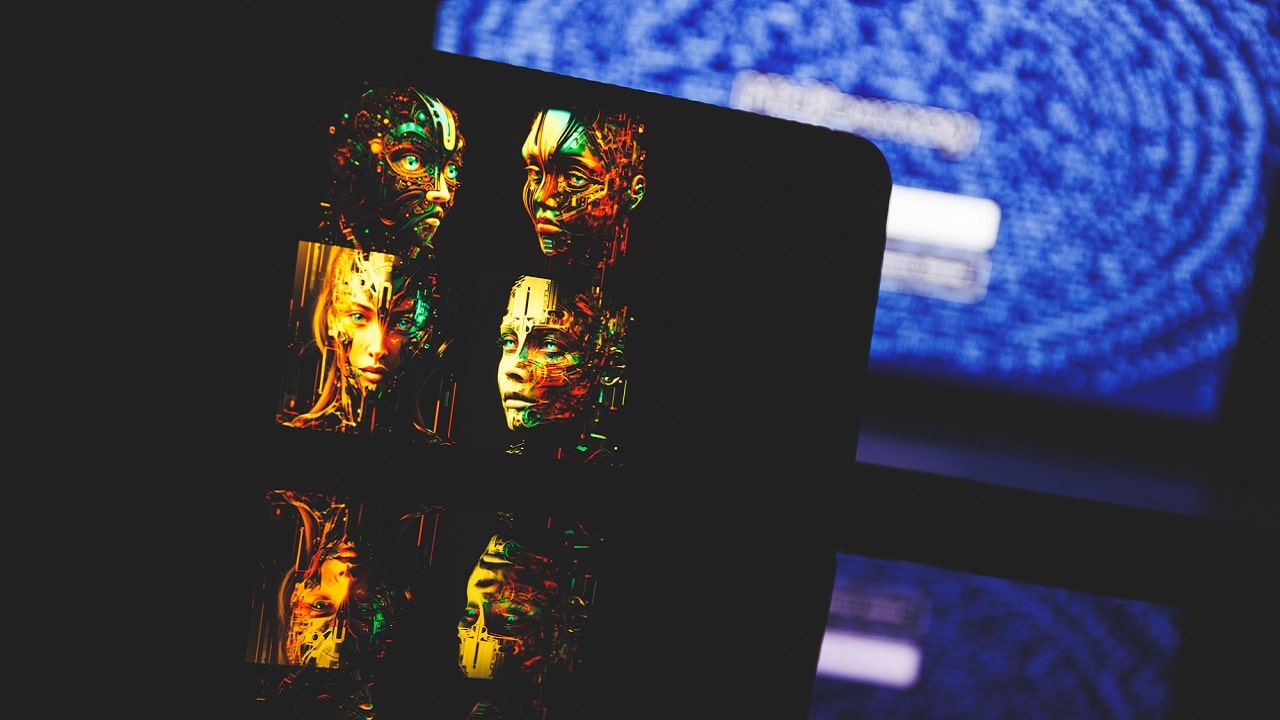L’US Copyright Office ha retracted the copyright protection granted last fall to Kristina Kashtanova for his comic Zarya of the Dawn, created using artificial intelligence by Midjourney. The reason is that images created from text messages from Midjourney I render one of the “non-human” authors. And it seems that the US copyright office does not consider the “creative rights” of AI.
Midjourney, AI-designed cartoon copyright denied
In the text of the letter sent by the lawyer Robert Kasunic, head of the US copyright office, the US Copyright Office has decided that Kashtanova “is the author of the text of the Work, as well as of the selection, coordination and of the disposition of the written and visual elements of the Work”. However, the pictures “I am not the product of human creation”.
The decision doesn’t just come against artificial intelligence itself. In fact, the Copyright Office cites previous cases where people have been unable to copyright words or songs that listed “non-human spiritual beings” or the Holy Spirit as author. There is also a well-known case in which, by accident, a monkey took a selfie. Without being able to copyright it.
No copyright to “non-humans”
The debate is therefore legal and, as always happens in the United States, determined by similar or comparable precedents. Since non-human authors have so far been unable to copyright their own creations, the same principle applies here with AI.
 Zarya of the Dawn — Kris Kashtanova / Midjourney
Zarya of the Dawn — Kris Kashtanova / Midjourney
The Copyright Office says it only learned that the images had been produced by Midjourney after it first granted permission, based on Kashtanova’s social media posts. Only at this point did he seek further information.
Actually, both Midjourney and Kashtanova are named on the cover of the book. But according to the letter, other than the cover Midjourney does not appear in the 18 pages of material sent to the Copyright Office. AND “The fact that the word “Midjourney” appears on the cover of a Work does not constitute notice to the Office that an artificial intelligence tool has created part or all of the Work“. The copyright office therefore doesn’t rate a book by its cover, as the conventional wisdom goes (another non-human author).
Then, the copyright office revoked the granted copyright, for “inaccurate and incomplete information”.
Copyright and artificial intelligence: what changes with this decision?
When the copyright was revoked today, Kashtanova wrote on Instagram: “When you put your images in a book like Zarya, the arrangement is copyrighted. The story is copyrighted, provided is not purely produced by artificial intelligence“.
However, unlike other digital tools (for example, those for applying particular visual effects), the US Copyright Office explains that: “The fact that the specific output of Midjourney cannot be predicted by users makes Midjourney different for copyright purposes than other tools used by artists”.

The Office also rejects the fact that modifications to some of the images made by the author make them eligible for copyright. Indeed, they were “Too small and imperceptible to provide the creativity necessary for copyright protection”.
In other words, the Office recognizes the work done by the algorithm as an integral part of the process: having given the instructions is not enough to make Kashtanova the author of the images. To the utmost, it can be said to have cooperated with the AI.
The author’s lawyer, on the other hand, argues that the Office does not understand the role of chance in the process. Because Midjourney “does exactly what it is programmed to do and draws from a place chosen by the artist in his huge table of probabilities to guide the generation of an image“.
Midjourney and copyright: an open discussion
Attorney Lindberg even goes so far as to say that “AI-assisted art will have to be treated like photography. It’s just a matter of time“. So imagine a future where Midjourney will become part of an artist’s work like Adobe programs, digital cameras or graphics tablets. A simple tool in the hands of the artist. Even if terribly intelligent.
Kashtanova firmly believes in this. “My lawyers are examining our options to further explain to the Copyright Office how the individual images produced by Midjourney look the direct expression of my creativity and therefore subject to copyright”.















Leave a Reply
View Comments